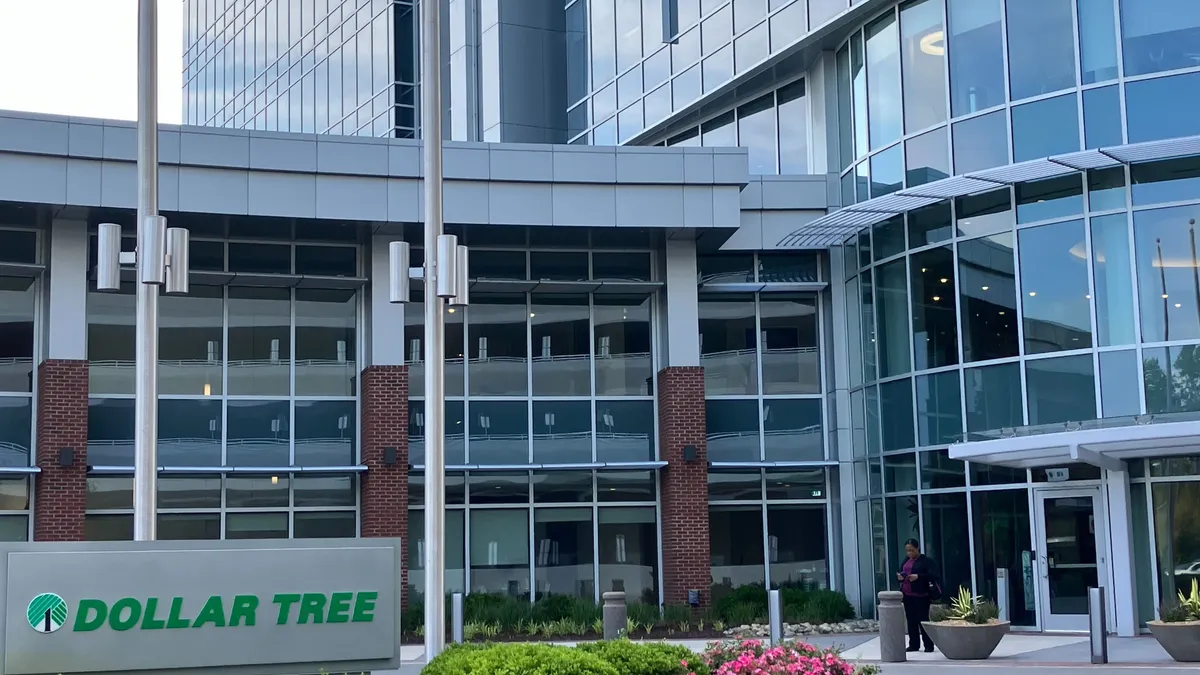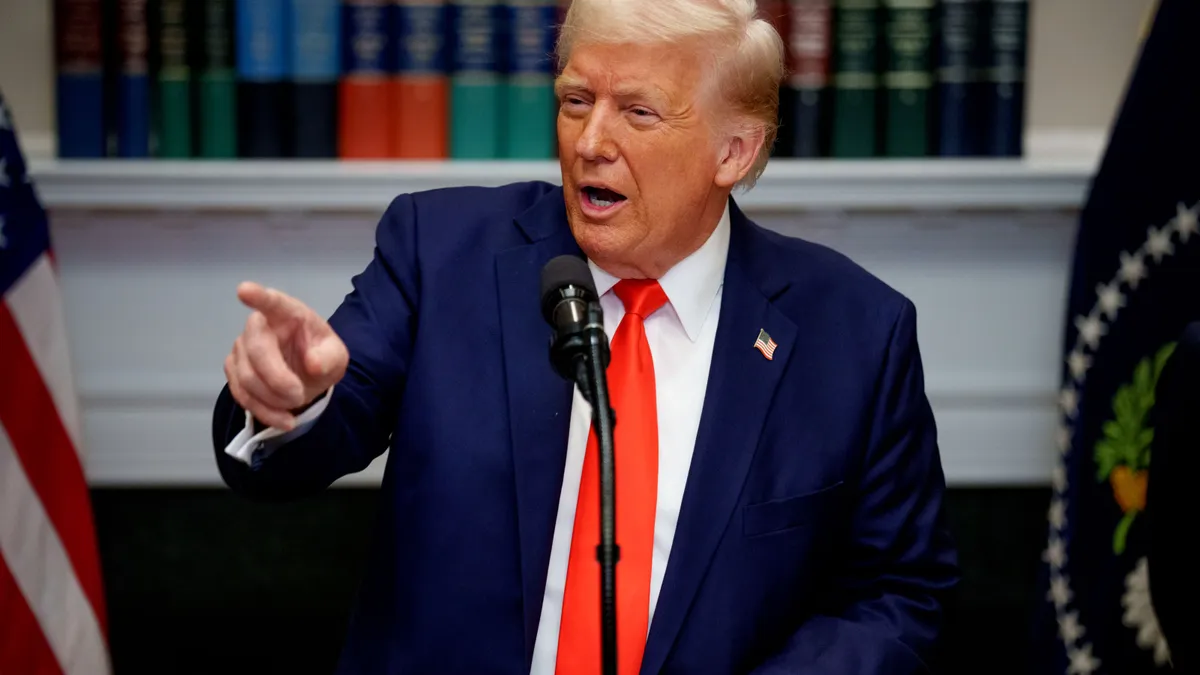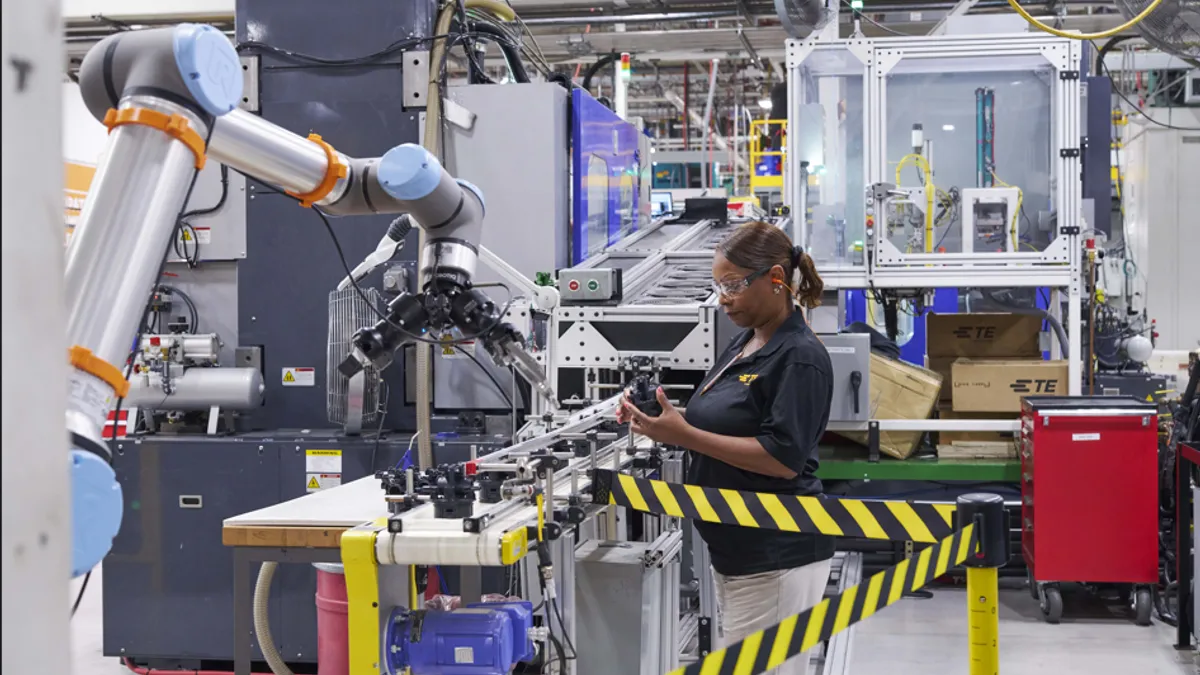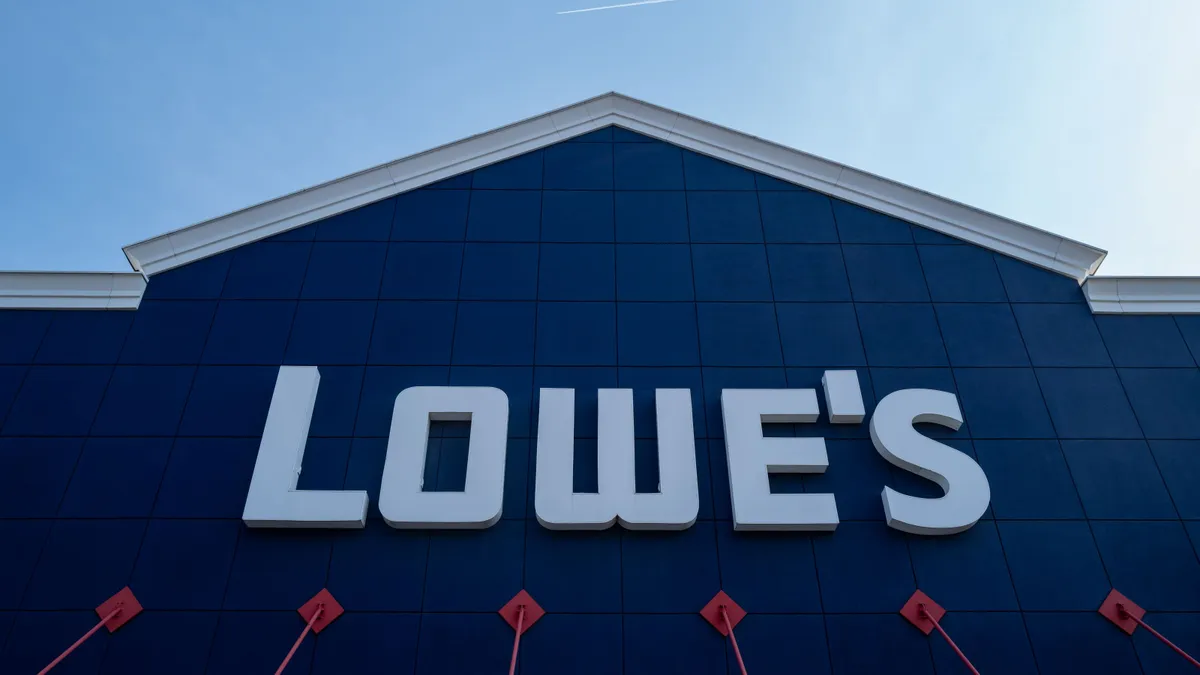This is a transformational time for procurement professionals. We have the opportunity to use our collective power to actively join the social justice revolution by finally getting serious about incorporating historically underutilized businesses (HUB) into important areas of our supply chain.
Important — not marginal, safe and inconsequential adjuncts to existing suppliers. Let’s move away from the feel-good HUB sourcing that is nothing more than window dressing and marketing fluff and incorporate HUB suppliers into critical day-to-day operations.
Over my career, I’ve worked for procurement organizations in companies that did not reflect the racial and cultural diversity of society. And our supply bases looked the same. There was too much emphasis on growing existing supplier relationships, and that pressure came from management and the incumbent suppliers. Our supply management philosophies, as progressive as we thought they were, essentially locked out HUB suppliers.
I’ve written before on how my collective management handled sourcing with minority suppliers — that is, to use them only with "all things being equal."
A common, and more convenient excuse not to use HUB suppliers, was risk related. What if these suppliers failed to deliver? Well, after a global pandemic, China tariffs, cyber threats and now a full-blown recession, that excuse is a non-starter.
This is a perfect time to introduce HUB suppliers to fill the gaps of supply we are all experiencing.
Our supply management philosophies, as progressive as we thought they were, essentially locked out HUB suppliers.

In my career, I would support the minority supplier fairs and expositions on a regional and national level, categorized under the heading of supplier diversity. These fairs were often obligatory for purchasing folks like me. Some were set up as parts of larger procurement conferences and expositions, hoping to draw in a more seasoned crowd of professionals who actually had sourcing responsibility. They typically came up short.
They seemed to only be crowded when the lure of ice cream or raffles drove people to the hall. Swag moved as freely as the whipped cream, but the exhibitors seemed lonely in their booths, and the attendees barely made eye contact. It was as awkward as an eighth-grade dance.
Many companies are now rushing to publish statements supporting diversity and racial equality and providing greater economic opportunities for minority populations. What a perfect time for procurement professionals to take a leadership role and actually execute on these statements of inclusion and change.
Take inventory of suppliers
You’re most likely doing business with HUB suppliers already, so identify them. Create relevant definitions and categories. Identify all minority- and women-owned businesses, and even small businesses. Expand your category management processes and track HUB spend. Be proactive in providing this information and track it as a KPI. Set goals and monitor the trends.
Shop local
Be active in your local community and be a leader in sourcing efforts. Prove your company’s commitment to HUB suppliers is more than just marketing. Spend money, even if they are not the lowest-cost supplier. It is an investment in your community and regional economy.
Expand your scope
Far too often we'd use the "safe" HUB suppliers, mainly providers of low-risk maintenance services, packaging or office equipment. While these HUB suppliers still exist and deserve to get a fair shot, how about working with HUB companies that can be considered critical suppliers?
There are plenty of HUB suppliers with leading-edge manufacturing processes, innovative scientific and technology products, and comprehensive financial and administrative services. Time to give them a shot at some real business.
Press on the supply chain
We can amplify our influence of working with HUB suppliers by demanding that our prime suppliers do so as well. The same goes for their prime suppliers. Focus on the long-term inclusion and support of HUB suppliers in supplier performance criteria, your supplier communications, supplier surveys and your general procurement strategy. Consider making supplier diversity part of your contractual terms.
Take a stand
I’m sure many company mission statements are quickly being rewritten to include statements of inclusion. Your supply chain and sourcing strategies need to be updated as well.
Sourcing professionals already have the power to affect social change in supporting an ethical supply chain. Many are beginning to exercise that power, albeit slowly. The low cost at all cost supplier selection criteria has contributed to the pandemic related supply chain failures that we are seeing today.
HUB suppliers deserve to part of the new supply chain mix. What better time to not only advocate for change, but to be part of it?
This story was first published in our weekly newsletter, Supply Chain Dive: Procurement. Sign up here.





















